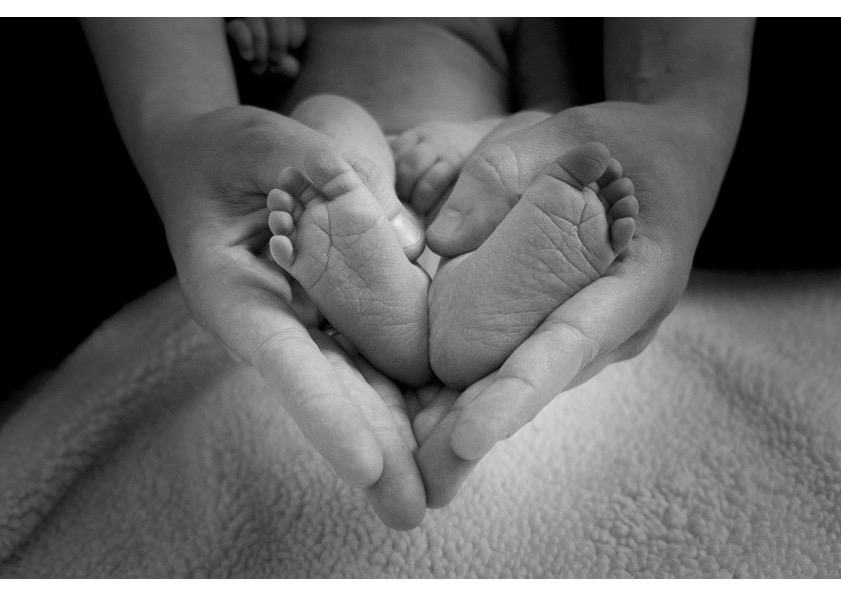WHAT IS THE MOTHER WOUND?
The bond between a mother and her child is so strong that British psychoanalyst Donald Winnicott believed that there’s no such thing as an infant, but only an infant and their mother. He believed that a child’s sense of self is built by the kind of a relationship that they have with their primary caregiver (usually Mum).
But sometimes that bond isn’t formed, or is broken. Examples include a mother who provided support by taking care of the physical needs of the children, but didn’t give or show love, care, warmth, and safety; a mother who didn’t provide empathy to mirror the child’s emotions and help the child to recognise those emotions, and to self-regulate; a mother who didn’t allow the child to express negative emotions; was extra critical; had suffered emotional or physical abuse themselves, didn’t process the trauma, and was therefore unable to offer love and nurture; had anxiety or depression, or experienced alcoholism or drug addiction
The mother wound is the cultural trauma that is carried by a mother – along with any dysfunctional coping mechanisms that have been used to process that pain – and inherited by her children.
The mother wound is not a specific diagnosis — although it can hurt so much that you’re sure it warrants one. While both daughters and sons can feel the impact of the under-mothering that leads to the mother wound, it’s typically considered a mother-to-daughter wound.
Thanks to psychologist Mary Ainsworth and her attachment theory, we know that the trust that a mother instills in childhood positively affects not only the child’s present, but also their future relationships. Meaning, a child who acquires the mother wound is most likely to perpetuate this type of relationship with their own children.
If the wound is not healed, negative perceptions, choices and parenting styles can be passed down through the matrilineal line – causing new pain with each generation. Think of mothers always putting themselves last, diminishing their own needs to serve others or constantly battling to construct a facade of perfection (perfect spouse, perfect mother, perfect woman within society).
SIGNS OF THE MOTHER WOUND
Signs of the mother wound can be subtle, and it may be difficult to pull the threads of trauma from the densely woven cloth of the mother-daughter relationship – after all, we have generally never not known this relationship, and so much of who we are relates back to how we were raised. Things to consider, though, include:
People-pleasing and emotional care-taking (often to your own detriment or leading to feelings of resentment)
Feeling competitive with other women
‘Good Girl’ syndrome
Never feeling good enough, no matter how hard you try
Lack of strong boundaries
Fearing failure or disapproval
Consciously or unconsciously waiting for your mother’s permission and approval to fully live your life and reach your potential
Feeling nervous and frightened around your mother.
These negative feelings can lead to:
Low self-esteem (Secure attachment makes a child feel that they matter. Without this basic belief in themselves, children struggle to get a sense of self and to believe in themselves)
Lack of emotional awareness (A mother who is present for their child is able to mirror their child’s feelings, label those feelings, and help them to manage the feelings. The child doesn’t need to suppress negative feelings, because they have a way to manage them).
Inability to self-soothe/regulate (Without the awareness of how to manage their feelings, children and later adults never develop the ability to self-soothe. Instead, they turn to things outside of themselves for comfort. These things could include numbing activities like alcohol abuse, substance abuse, comfort eating, and gambling).
Relationship difficulties (Adults with the mother wound have difficulty forming and maintaining the positive relationships that we all crave for because they’ve never learned to trust).
HEALING THE MOTHER WOUND
Mindfulness
Journalling
Meditation
Andrea x


One Reply to “What Is The Mother Wound?”